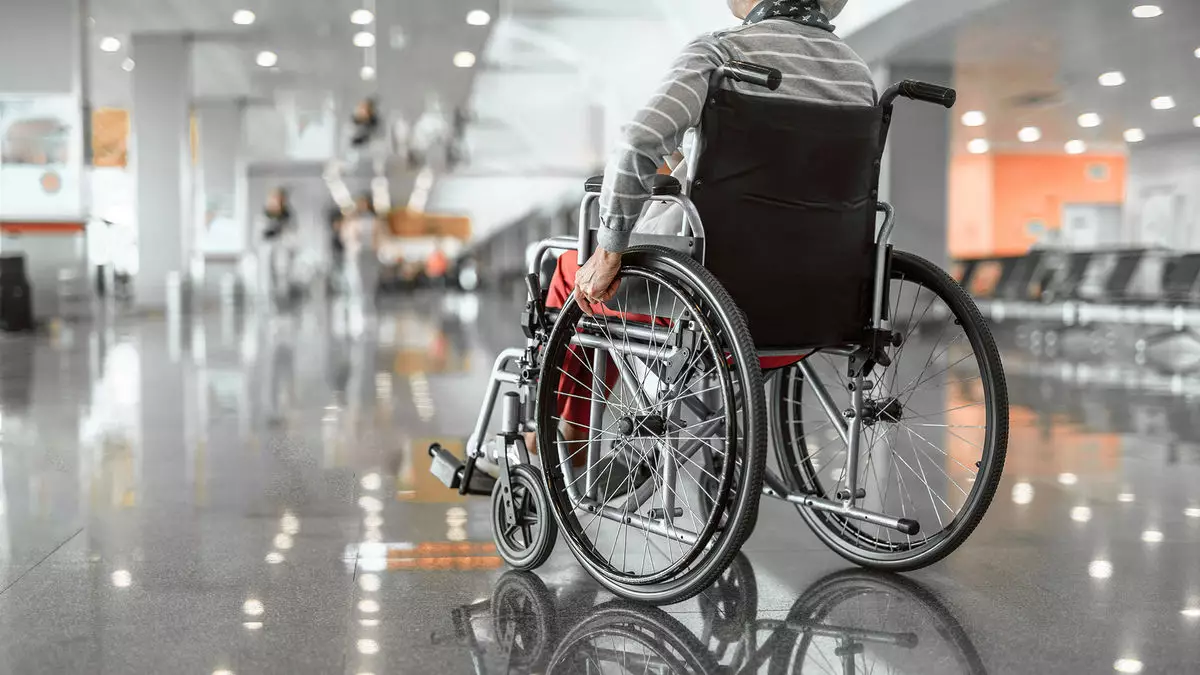The U.S. Department of Transportation (DOT) is taking significant strides towards improving air travel for individuals who rely on wheelchairs. By instituting a comprehensive set of regulations, the DOT aims to not only protect passengers but also hold airlines accountable for their treatment of disabled travelers. The importance of these regulations cannot be overstated, as they reflect a broader commitment to accessibility and dignity within the travel industry.
One of the key changes introduced by the DOT is the clarification of what constitutes a mishandled wheelchair. This new definition allows the Department to impose fines on airlines that fail to return wheelchairs in the same condition they were received. Advocacy groups have long raised concerns about the treatment of wheelchairs during travel, as recent statistics show that the top ten U.S. airlines mishandle approximately 1.4% of checked wheelchairs and scooters. This rate is notably over two times greater than that of general luggage, highlighting the urgent need for improvement in airline practices.
In a move to further enhance the safety and comfort of travelers with disabilities, the new regulations mandate that airline employees undergo annual training specific to the handling of wheelchairs. The requirement stipulates that workers must complete their initial training before taking on any wheelchair-related responsibilities. This initiative goes beyond previous guidelines set forth in the FAA reauthorization bill, reflecting a more robust approach to ensuring that airline staff are adequately prepared to assist individuals who may need additional support.
The updated regulations establish stricter rules regarding the repair and replacement of damaged wheelchairs, emphasizing airlines’ responsibilities to reunite travelers with lost or delayed equipment quickly. Airlines are now required to offer timely assistance with boarding, deplaning, and making flight connections for those who use wheelchairs. Furthermore, clear communication of cargo hold dimensions will be mandatory, giving travelers the necessary information to ascertain whether their wheelchair can be accommodated before making a reservation. This change aims to eliminate any unwelcome surprises upon arrival at the airport.
Financial Protections for Travelers
Another pivotal aspect of the new regulations is the requirement for airlines to reimburse travelers for fare differences when they need to book a flight on a larger aircraft that can accommodate their wheelchair. This financial protection is a crucial step in ensuring that every traveler has equitable access to air travel, regardless of their physical needs.
As the DOT implements these regulations, which will take effect on January 16 and continue rolling out through June 17, 2026, Secretary Pete Buttigieg emphasizes the establishment of a new standard for air travel. These measures represent a significant advancement in how airlines must operate concerning passengers who use wheelchairs, fostering a sense of dignity and security for those who depend on such equipment. The ongoing conversation about accessibility in travel will undoubtedly be shaped by these changes, signifying a growing recognition of the rights and needs of all travelers.


Leave a Reply